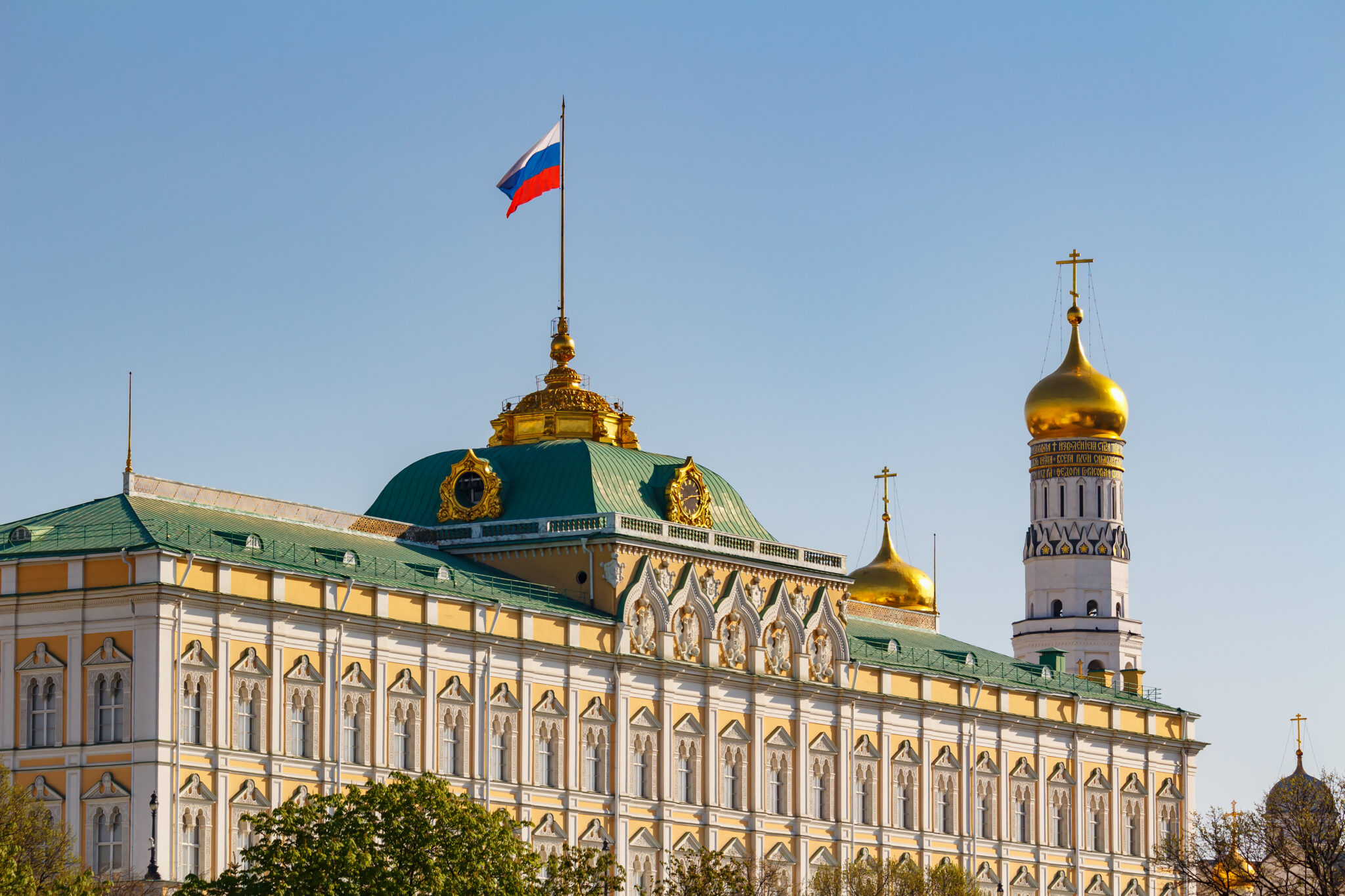Kazakhstan’s Nuclear Power Play

Russia’s state nuclear corporation Rosatom has begun construction on Kazakhstan’s first nuclear power plant, marking a significant expansion of Moscow’s influence in Central Asia.
Story Highlights
- Kazakhstan breaks ground on $15 billion Russian-built nuclear facility despite ongoing Western sanctions on Moscow
- Project gives Russia strategic foothold in Central Asia’s energy sector through 2035 completion timeline
- China emerges as alternative partner, potentially undermining Russian dominance in regional nuclear development
- Kazakhstan’s energy independence compromised by reliance on major powers for critical infrastructure
Russian Nuclear Expansion in Former Soviet Territory
Kazakhstan officially launched construction of its first nuclear power plant on August 8, 2025, near the village of Ulken in the Almaty region. The Russian state corporation Rosatom leads the project, planning two VVER-1200 reactors with a combined 2.4 gigawatt capacity. The facility represents a $14-15 billion investment, with an additional $1 billion allocated for local infrastructure including schools, roads, and community facilities. This development strengthens Russia’s regional influence while Kazakhstan becomes increasingly dependent on Moscow’s nuclear expertise and financing.
Russia-backed construction begins on Kazakhstan’s first nuclear plant in the Almaty region. A $15B project by Rosatom, marking a new industrial milestone for the uranium-rich nation.
Read: https://t.co/slNmFqQEnQ
— Red Lantern Analytica (@RLAnalytica) August 8, 2025
The project timeline spans nearly a decade, beginning with 18 months of engineering surveys and site preparation work that started in August 2025. Rosatom was selected as the lead contractor in June 2025 after competing against Chinese, French, and South Korean firms. The ambitious 2035 completion target faces potential delays due to financing uncertainties created by Western sanctions on Russia. These sanctions complicate export credit arrangements and may force Kazakhstan to seek alternative funding sources or partners.
Watch; Russia Launches Work to Build Kazakhstan’s First Nuclear Power Plant | WION Shorts –
Geopolitical Competition for Central Asian Energy Markets
While Russia currently leads the nuclear project, China’s National Nuclear Corporation emerges as a formidable alternative partner for future developments. Kazakhstan benefits from this competition by leveraging competing offers for better terms, but risks becoming caught between major power rivalries. The country’s strategic balancing act reflects broader regional dynamics where former Soviet states navigate between Moscow and Beijing’s influence.
Kazakhstan’s decision to pursue nuclear power stems from chronic energy shortages and environmental concerns over coal dependence, which currently accounts for over 70 percent of electricity generation. However, the project’s success depends on overcoming financing hurdles and maintaining public confidence despite geopolitical tensions.
Strategic Implications for American Interests
The project enables Russia to maintain strategic partnerships despite international pressure, potentially encouraging other sanctioned activities in Central Asia. American policymakers should recognize this development as evidence that sanctions alone cannot prevent Russia from pursuing strategic objectives in its sphere of influence. The situation demonstrates how energy partnerships can serve as tools of geopolitical competition, with implications for regional stability and Western strategic interests.
Kazakhstan’s position as the world’s largest uranium producer adds strategic significance to this nuclear partnership, giving Russia access to critical fuel cycle resources while potentially limiting Western access to uranium supplies. The project also sets a precedent for other Central Asian nations considering nuclear development, potentially expanding Russian or Chinese influence across the region.
Sources:
Kazakhstan Breaks Ground on First Nuclear Power Plant – Times of Central Asia
Kazakhstan starts construction of first nuclear power plant – Anadolu Agency
Kazakhstan launches preliminary works at first nuclear power plant – Astana Times
Site surveys begin for first Kazakh nuclear power plant – World Nuclear News
Kazakhstan China Russia nuclear diplomacy – Radio Free Europe/Radio Liberty
